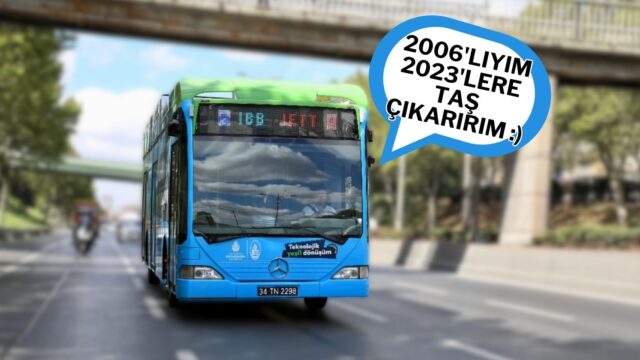Earlier this week, Swiss A team of student engineers 0-100 km/h We learned that it has set a new world record for the fastest electric vehicle to reach speed. In today’s story, the electric vehicle range record is Technical University of Munich It was broken by another electric vehicle designed and built by his students.
University students broke the electric vehicle range record
muc22 The car, as it was called, was built for efficiency. During a six-day test at Munich airport, it set a new distance record on a single charge. So on a single charge 2574 km has come a long way. Battery capacity can be increased with less charging plug-in more than hybrid: only 15.5 kWh.
Muc22’s features are quite impressive. First of all, the aerodynamic EV has a top speed of only 42 km/h and weighs only 170 kg without a driver. The airflow-optimized bodywork features coated rear wheels and a drag coefficient of just 0.159. When the team unveiled the car in 2022, it featured a pair of 440W electric motors. but Muc22 has 400 W.
The 400W number is 268 times less powerful than the Mazda MX-30, the least powerful electric vehicle on sale today. The record attempt was carried out in an empty hangar at Munich Airport, avoiding any interference caused by weather conditions. The previous record was 1,609 km. However, the team reached this distance after only four days and the car continued on its way as the battery was not yet discharged.
Their final distance reached 0.6 kWh/100 km in electrical energy consumption, breaking the existing record by 60 percent. For context, the most efficient EVs on sale today are the Hyundai Ioniq 6 and Lucid Air, each of which has a version that consumes 14.8 kWh/100 km.
In fact, this energy consumption is expected to increase even more in cars in normal production. In this context, it is an indisputable fact that the students of the Technical University of Munich have done a very successful job. The team stated that their goal after Muc22 is to produce something much better than it.
So what do you think about this issue? You can share your thoughts with us in the comments section.

